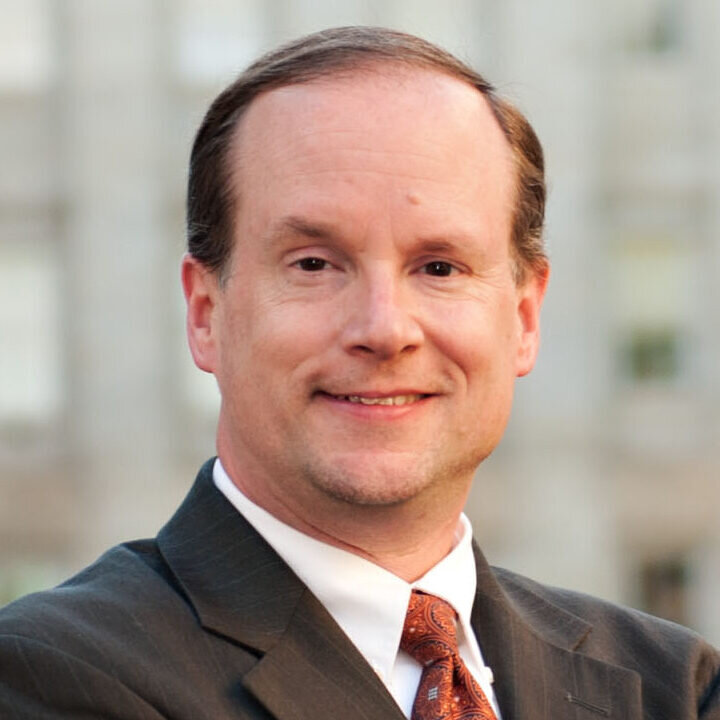by John Hood

RALEIGH — North Carolina’s state and local governments will likely overspend their projected revenue this year by billions of dollars. So far, few public officials seem panicked about the prospect.
Gov. Roy Cooper’s administration ordered some modest cost-saving measures but hasn’t moved nearly as aggressively as previous governors did during past recessions. Leaders of public schools, colleges, universities, and other government institutions don’t seem prepared with actionable spending cuts. State lawmakers have released no revised budget for the 2020-21 fiscal year that would close yawning deficits with large-scale cuts or tax hikes.
No, North Carolina’s leaders aren’t sleepwalking through a fiscal crisis. They are counting on Congress to bail them out with federal borrowing. A more apt analogy, then, is that they are daydream believers.
In Washington, talks between the Republican Senate and Democratic House to fashion new COVID-19 legislation are at a stalemate. One reason is that the House wants to extend the $600-a-week federal “bonus” for those receiving unemployment compensation. Not coincidentally, when you add this amount to standard UI benefits, you end up with the equivalent of a national wage floor of $15 an hour — a goal progressive activists have sought for many years.
In turn, conservatives have fought the same idea for years. They recognize that many workers cannot be productively employed at $15 an hour. That would bankrupt their employers. So the Senate has pitched a lower UI bonus. The two sides have other disagreements, too.
Impatient with the negotiations, President Donald Trump announced a series of executive actions that included a $300-a-week bonus (states can add another $100 a week from their own funds). What can’t Trump do unilaterally? Send more borrowed federal money to states and localities. Or loosen the constraints on the first round of federal aid so that states and localities can use the funds to balance their budgets without enormous spending reductions or tax hikes.
Because Trump’s actions have removed some of the immediate political pressure for Congress to make a deal, then, I think state and local leaders need to be taking more precautions. What if North Carolina doesn’t end up getting as much federal relief as expected? What if it comes later than they expect? What if it has lots of strings attached?
Of course, longtime readers would expect me to advise against relying too much on federal borrowing. I’ve railed against the practice for decades — stubbornly and, I hate to admit, largely ineffectually.
Government debt is not itself the enemy. It’s an essential fiscal tool, if used properly and sparingly. It makes sense to borrow money to build roads and other physical infrastructure, in part because spreading the cost over decades of debt service ensures that both present and future generations pay to use long-lived assets.
I also happen to think it defensible to borrow to keep basic government services going in the midst of a systemic crisis such as a war, severe recession, or, as in this case, a pandemic.
Unfortunately, politicians of both parties, at all levels of government, have refused to exercise fiscal rectitude during “normal” times. They’ve borrowed money — or, in the case of states and local pols, gleefully accepted borrowed federal money — not to build infrastructure or handle emergencies but simply to finance medical services, transfer programs, and tax cuts. They’ve run up trillions of dollars in on-the-books debt, as well as tens of trillions in unfunded liabilities for future entitlements.
In Washington, Democrats want to spend another $3.5 trillion on the COVID crisis, including more relief for states and localities. The Republicans’ starting bid was “only” $1 trillion. Sure, the two sides may well meet in the middle, eventually. And the resulting bill will probably give more spending flexibility.
But North Carolina’s leaders can’t afford to wait. They should already be trimming budgets. Unlike the daydream believer depicted in the song, our good times do not “start and end without dollar one to spend.” We need to bank some money for potentially tougher times to come.
John Hood (@JohnHoodNC) is chairman of the John Locke Foundation and appears on “NC SPIN,” broadcast statewide Fridays at 7:30 p.m. and Sundays at 12:30 p.m. on UNC-TV.
